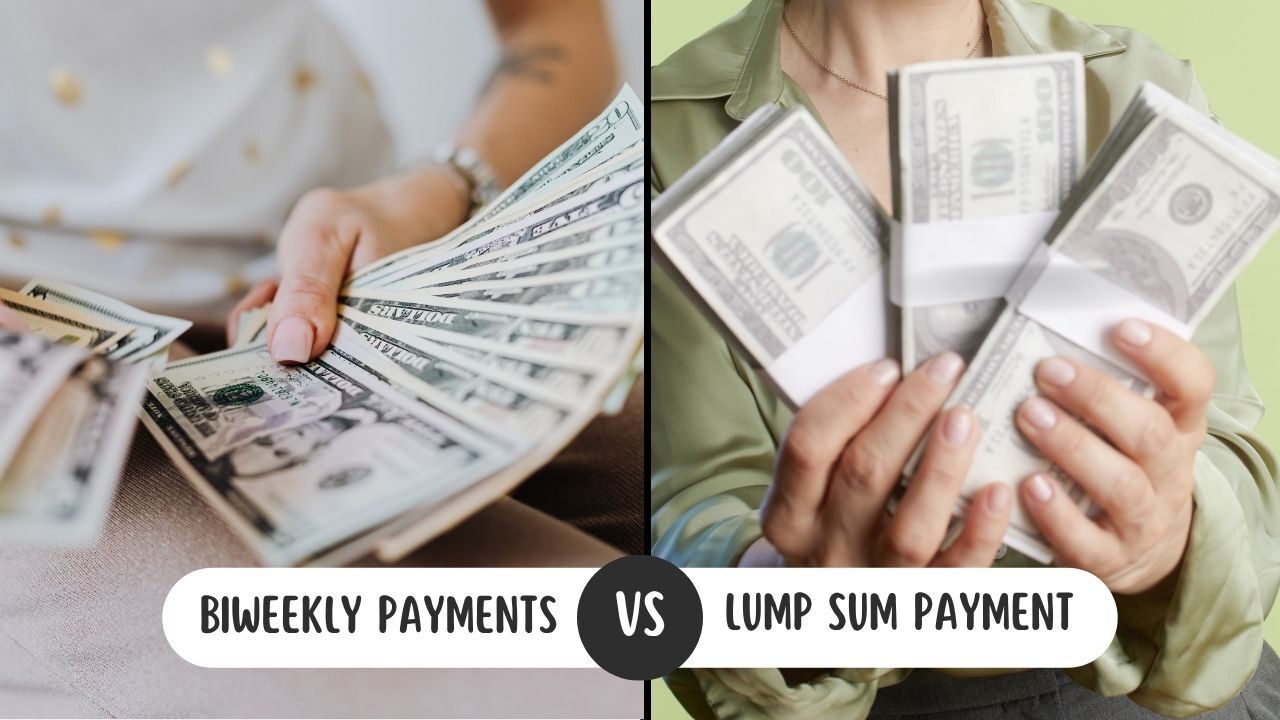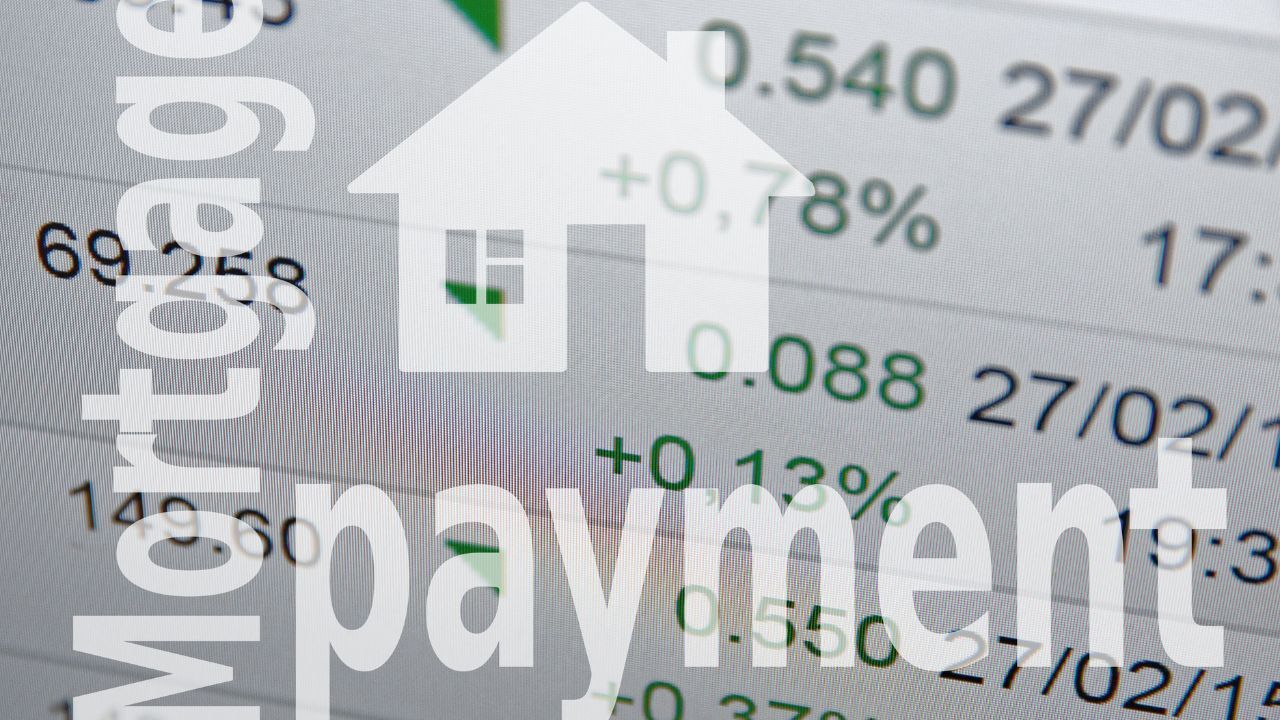Comparing Biweekly Payments and Lump Sum Payments to See Which Saves More
 Homeowners looking to save on interest or shorten their loan term often explore two popular strategies: biweekly payments and lump sum payments. Both can reduce the total interest paid and help you build equity faster, but they work in different ways. Understanding how each method functions can help you decide which fits your financial goals and lifestyle best.
Homeowners looking to save on interest or shorten their loan term often explore two popular strategies: biweekly payments and lump sum payments. Both can reduce the total interest paid and help you build equity faster, but they work in different ways. Understanding how each method functions can help you decide which fits your financial goals and lifestyle best.
How Biweekly Payments Work
With a biweekly payment plan, you make half of your monthly mortgage payment every two weeks instead of one full payment each month. Since there are 52 weeks in a year, you end up making 26 half-payments, which equals 13 full payments annually instead of 12. That one extra payment each year directly reduces your principal balance.
Over time, this extra payment can save thousands of dollars in interest and help you pay off your mortgage several years early. The best part is that the change feels manageable, since you are simply splitting your payments into smaller amounts rather than paying a large lump sum all at once.
How Lump Sum Payments Work
A lump sum payment involves making an additional one-time payment toward your principal, usually once a year or whenever you receive extra income. This could come from a tax refund, bonus, or inheritance. The lump sum goes directly toward reducing your loan balance, which lowers the amount of interest you pay over time.
Even small lump sum payments can have a big impact if made early in your loan term. The sooner you reduce your principal, the less interest accrues, accelerating your path to becoming debt-free.
Pros and Cons of Each Strategy
Both methods help you save on interest and shorten your loan term, but they differ in flexibility and commitment.
- Biweekly payments create a steady habit and gradually reduce your balance. However, not all lenders offer official biweekly plans, so you may need to set it up manually.
- Lump sum payments give you flexibility. You can contribute whenever you have extra funds, but it requires discipline to set aside money and remember to apply it toward your mortgage.
The right choice depends on your financial situation. If consistent budgeting works best for you, biweekly payments might be ideal. If your income fluctuates or you prefer flexibility, lump sums may be a better fit.
Both biweekly and lump sum payment strategies can save you money and help you pay off your home faster. Whether you choose regular smaller payments or occasional larger ones, the goal is to reduce your principal sooner and cut down on interest. Give us a call to discuss which option works best for your loan type and financial goals.

 Purchasing a home in the U.S. as a non-U.S. citizen is entirely possible, but the process comes with unique requirements and considerations. Whether you are a permanent resident, temporary visa holder, or foreign national, understanding the available mortgage options can help you navigate the path to homeownership successfully.
Purchasing a home in the U.S. as a non-U.S. citizen is entirely possible, but the process comes with unique requirements and considerations. Whether you are a permanent resident, temporary visa holder, or foreign national, understanding the available mortgage options can help you navigate the path to homeownership successfully. For homeowners facing temporary financial hardship, mortgage payment deferral programs can provide much-needed relief. These programs allow borrowers to pause or reduce their monthly mortgage payments for a specific period, helping them avoid foreclosure while stabilizing their finances.
For homeowners facing temporary financial hardship, mortgage payment deferral programs can provide much-needed relief. These programs allow borrowers to pause or reduce their monthly mortgage payments for a specific period, helping them avoid foreclosure while stabilizing their finances.